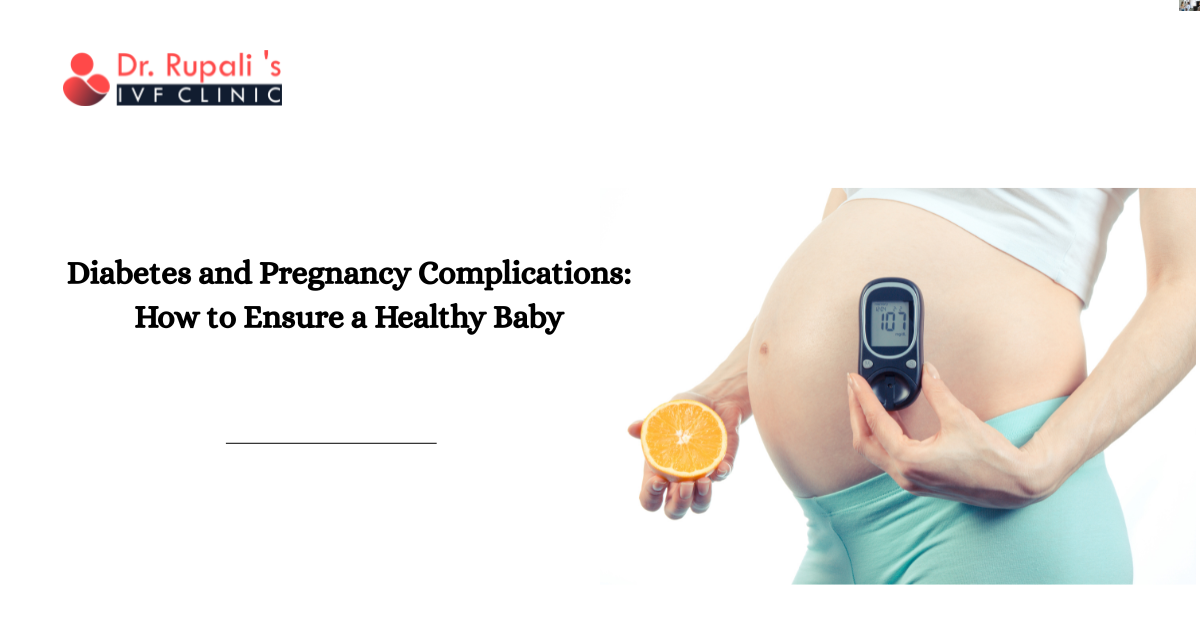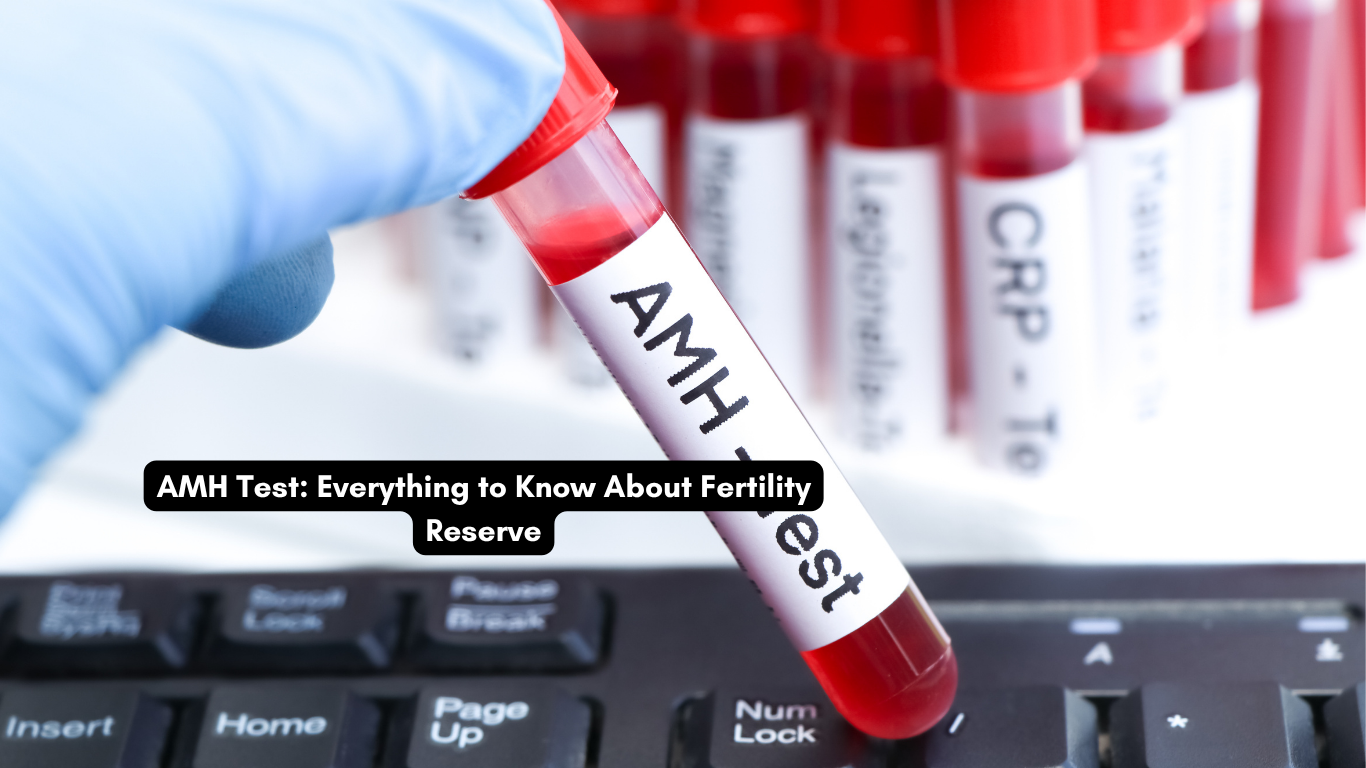
Introduction
When couples start their IVF journey, one of the first medical terms they often hear is “Antral Follicle Count” (AFC). But what exactly is it, and why does every IVF Specialist Doctor in New Delhi talk about it during fertility consultations?
Think of your ovaries as tiny treasure chests, and each antral follicle is like a hidden gem waiting to grow into a mature egg. The number of these follicles can reveal how well your ovaries might respond to fertility treatment — a key factor in planning a successful IVF cycle.
In this article, we’ll break down everything about Antral Follicle Count (AFC) — what it means, how it’s measured, and how it can help shape your IVF success story.
1. What is Antral Follicle Count (AFC)?
Antral Follicle Count describes the number of small fluid-filled sacs (follicles) a woman has in her ovaries in the beginning stage of a menstrual cycle. Each follicle is an immature egg that has the potential to develop during IVF stimulation.
AFC is generally assessed through a transvaginal ultrasound performed between Days 2-5 of a menstrual cycle. This exam provides fertility specialists a means to gauge how many potential eggs can be harvested during an IVF cycle.
2. Why is AFC Important in IVF?
AFC is an indicator of how many eggs a woman can expect her ovaries to produce after taking fertility medication.
Higher AFC = More eggs = Greater chance the IVF procedure will be successful.
Lower AFC = Fewer eggs = Less ovarian reserve = Egg yield will likely be lower.
AFC results enable New Delhi IVF specialists to create personalized treatment plans that estimate ovarian responses, modify medication levels, and predict ovarian response.
3. How is Antral Follicle Count Measured?
The standard method of counting antral follicles is a transvaginal ultrasound.
The physician places a small ultrasound probe into the vagina to visualize the ovaries.
Antral follicles in each of the ovaries are counted as they fall within the 2-10 millimeter size range.
The sum gives you your Antral Follicle Count.
It’s a quick and uncomplicated process that gives you vital information that will aid in planning your IVF.
4. How Many Antral Follicle Counts Are Good For IVF?
The perfect AFC depends on your age. Nevertheless, here are some general benchmarks:
AFC Range Ovarian Response
15–30 Excellent (High response expected)
8–14 Average (Good IVF outcome)
4–7 Low (May need higher medication dose)
<4 Poor (May require donor eggs or advanced techniques)
AFC played a substantial role in ensuring that your IVF specialist devises a balanced framework for the process without overstimulating or understimulating your ovaries.
5. AFC and Ovarian Reserve: Is There a Relation?
The reserve means the ovaries left, and how many eggs that are left in them.
AFC shows the reserve. It has also to do with how many Antral Follicles there are. An Active Account Follicle, coupled with some blood tests like AMH (Anti-Müllerian Hormone), shows how much there is to your potential fertility.
6. What If I’ve Got Low Antral Follicle Count?
Having a low AFC is concerning, but there are still options towards your fertility. Simply, your ovaries just have less active follicles left.
Reasons can be:
Getting older (especially after 35).
Having had surgery on your ovaries before.
Having certain genes.
Having a stressful lifestyle.
Smoking.
Here in New Delhi, your IVF doctor can modify your IVF protocol, possibly suggesting, gentle stimulation and egg pooling, to help on your case.
7. High Antral Follicle Count – Is It Always Good?
Yes, a high AFC means you have more eggs. But, it can also be a sign of Polycystic Ovary Syndrome (PCOS).
When one has PCOS, one can have many small immature follicles. Because of this, a woman can have Hormonal imbalances and increase the chances of getting OHSS Syndrome during IVF.
A safe, balanced stimulation is possible with the experience and care of the doctor.
8. How AFC Helps IVF Specialist Doctors In Planning Treatment
AFC, also known an Multiple Follicle Count provides an Essence for the doctor, for IVF planning. It helps them to outline:
The kind of and the amount of fertility drugs.
The period of time for sending the ovaries.
The possible amount of eggs.
If for or with donor eggs for IVF.
AFC New Delhi provides accurate results to the doctor, so that eggs are Harvested in a safe amount and for the right amount, no eggs are wasted.
9. Trustworthiness of AFC and AMH Test
Both AFC and AMH indicate fertility, although they focus on different factors.
Test: AFC (Antral Follicle Count), AMH
What it Measures: Number of follicles, Hormone secreted by follicles
Advantages: Visual real-time assessment, Blood test convenience, (AMH test is a) steady hormone level across cycles.
Together, these tests provide the best estimate for ovarian reserve and the probability of success for an IVF cycle.
10. Factors that Affect AFC
A multitude of different factors can influence your AFC:
Age - AFC decline naturally happens by and after 30 years.
Hormonal Imbalances - Particularly (elevated) FSH and (low) AMH.
Lifestyle factors - Forking up, overweight, and stress can impact the health of follicles.
Hereditary - Family history and your ovarian reserve.
AFC can decline any further by addressing health issues, improving lifestyle factors, and increasing AFC health.
11. Can An AFC be Improved Naturally?
AFC does have a genetic as well as chronological element but there are certain habits which will aid and improve ovarian health:
Balance your diet and include more antioxidants (berries, green leafs).
Be physically active (but don’t overdo)
Eliminate smoking and drinking.
SConsider medical advice and use CoQ10, DHEA, and Omega-3.
Control stress through yoga and meditation.
Think of your ovaries as a garden – healthy soil (your lifestyle) can support better growth (follicles).
12. Role of Age and Lifestyle in AFC
Age is the biggest factor in determining your AFC (antral follicle count). Your 20's usually has a higher follicle count as you will start to see a decline in your 35's.
This is not to say that lifestyle doesn't matter. Unhealthy diets, poor sleeping patterns, and toxins will hasten the decline of your ovaries.
Your IVF Specialist Doctor in New Delhi will take into account age and lifestyle in order to customize your IVF plan to increase the chances of success.
13. How AFC Influences the IVF Medication Doses
Your AFC will help your doctor determine how much gonadotropin medication will be needed.
AFC Low: More gonadotropins to stimulate the ovaries.
AFC High: Less gonadotropins to gently stimulate the ovaries.
This finely tuned approach will minimize side effects and target the ideal number of mature eggs.
14. Emotional Aspect of Knowing Your AFC
AFC will most likely trigger different emotions in you. This is completely natural. Hopeless AFC is possible to fix with the right treatment and emotional assistance.15. What Makes the Best IVF Specialist Doctor in New Delhi
Finding the Best IVF Specialist Doctor in New Delhi is important to your IVF success. Leading fertility specialists integrate innovative methods with heartfelt patient care.
They:
Conduct a complete fertility assessment (AFC, AMH, and hormone levels).
Tailor your IVF approach.
Watch your case closely in order to make timely changes to meds.
Provide emotional care and aid through your journey.
For parents hoping to conceive, Delhi has IVF centers with world-class facilities, skilled embryologists, and high success rates, and offer the best odds in the world.
16. Conclusion
AFC is more than a figure. It symbolizes the potential success rate of your IVF journey.
Understanding your AFC empowers you to make informed decisions regarding your fertility treatments.
Guided by a skilled IVF Doctor in New Delhi, you can convert this knowledge into a personalized pathway to achieve parenthood.
FAQs
1. What is a normal Antral Follicle Count for IVF?
A normal count is between 8 to 14, and it offers a good response to IVF stimulation.
2. Can a woman with low AFC get pregnant through IVF?
Yes. Under the right protocol and care the chances of a woman with low AFC getting pregnant increases though success rates will still depend on individual circumstances.
3. Does Antral Follicle Count change every month?
Yes, AFC will change, but only slightly, because of the menstrual cycle, stress, or other short-term health issues.
4. Is AFC test painful?
No, it is just a simple ultrasound and will cause little to no discomfort.
5. Why should I go to an IVF Specialist Doctor in New Delhi for AFC evaluation?
This is because New Delhi has some of the most skilled fertility specialists and state of the art diagnostic technology to evaluate your AFC and determine the optimal IVF plan for you.
To conclude:
Antral Follicle Count is indicative of your fertility level and will help your IVF specialist plan your treatment in the most efficient way. New Delhi IVF Specialist Doctor’s help you get closest to achieving your dream of having a baby.









Write a comment ...